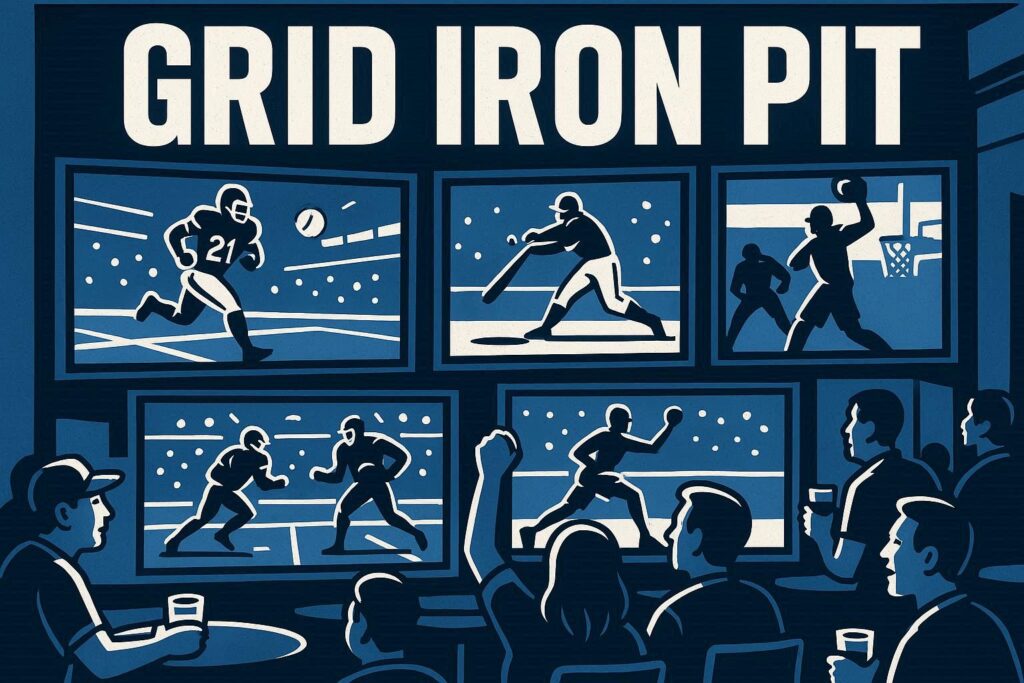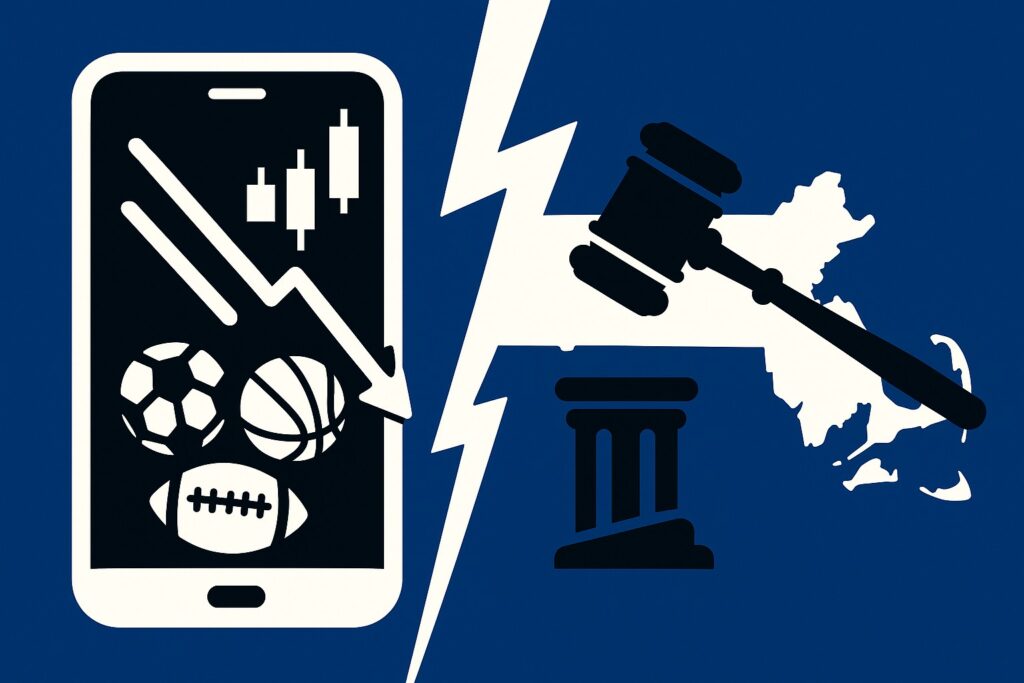Watching Kalshi offer sports event contracts in all 50 states, regardless of whether sports betting is legal in those states, sportsbook operators aren’t sitting idly by. DraftKings and FanDuel are both making moves into prediction markets, and conventional wisdom says that pretty much every US-facing sportsbook is taking a hard look at the space.
This isn’t sitting well with state regulators, who consider prediction markets illegal within their jurisdictions.
The Ohio Casino Commission is warning sportsbooks that by offering sports trading on prediction market platforms, they are putting their licenses at risk.
“Offering ‘event contracts’ on sporting events (‘sporting event contracts’) to citizens located within the State of Ohio without a sports gaming license violates Ohio law,” OCCC executive director Matthew Schuler wrote in a letter to licensees obtained by The Closing Line’s Dustin Gouker. “… [T]he Commission will consider these choices as it evaluates the continued suitability of a sports gaming licensee, including key employee licensees, to maintain a license.”
Even geo-fencing out Ohioans may not fly with the OCC, if the sportsbook partners with a company that offers prediction markets in Ohio.
The letter concludes, “The Commission will consider a licensee’s choices to associate with a company operating illegally in this State and may take administrative action against any licensee that does.”
Nevada flags FanDuel
Ohio’s warning comes on the heels of the state of Nevada grilling Flutter Entertainment execs last week about FanDuel’s designs on sports prediction markets.
The Nevada Gaming Control Board’s (NGCB) inquiry came less than 24 hours after FanDuel announced a joint venture with CME Group to “launch new products and expand access to financial markets for millions of FanDuel customers in the United States.”
Sports is not part of that partnership’s initial rollout, but it’s obvious to many industry observers that FanDuel is aiming for a piece of sports prediction markets, something Flutter attorney Erica Okerberg acknowledged to Nevada regulators.
“[Contracts] could range from traditional commodities like gold, and then, of course, they are looking into and considering whether sports contracts might be something that could be offered in certain jurisdictions in compliance with those local laws,” Okerberg said, according to SBC Americas.
“It’s concerning when you’re walking up to the door, participating in these prediction markets when certain activities, if not the predominance of activities, are in conflict with this state and our Gaming Control Act,” NGCB Commissioner Brian Krolicki expressed. “Why should this not concern this commission today?”
What FanDuel and DraftKings have been up to
Prior to announcing its partnership with CME, FanDuel also had reportedly been in discussions with Kalshi, and Flutter has talked openly about its favorable positioning with prediction markets, thanks to its ownership of BetFair, the world’s largest sports betting exchange.
DraftKings, too, has its sights set on prediction markets, reportedly in talks to acquire Railbird Exchange, which has been approved by the CFTC as a Designated Contact Market and plans to launch its prediction market later this year. DraftKings had previously applied for a license with the CFTC but withdrew the application in April.
FanDuel and DraftKings – the two dominant sports betting operators in the US – are making these moves despite legal challenges by the very states that license them.
Seven states, including Ohio and Nevada, have sent cease-and-desist letters to Kalshi. Kalshi has won preliminary injunctions against these orders in Nevada and New Jersey, but in a more recent ruling, an injunction in Maryland was denied.
Plus, 34 states have signed amicus briefs supporting New Jersey’s case against Kalshi, and multiple states are believed to be investigating prediction markets.
With the Trump-backed CFTC on their side, prediction markets are behaving brashly, and with states like California and Texas at stake, sportsbook want in. Regulated states, though, are starting to make it clear that they won’t stand for such brashness from their licensees. Ohio and Nevada are not likely the last states to push back.





